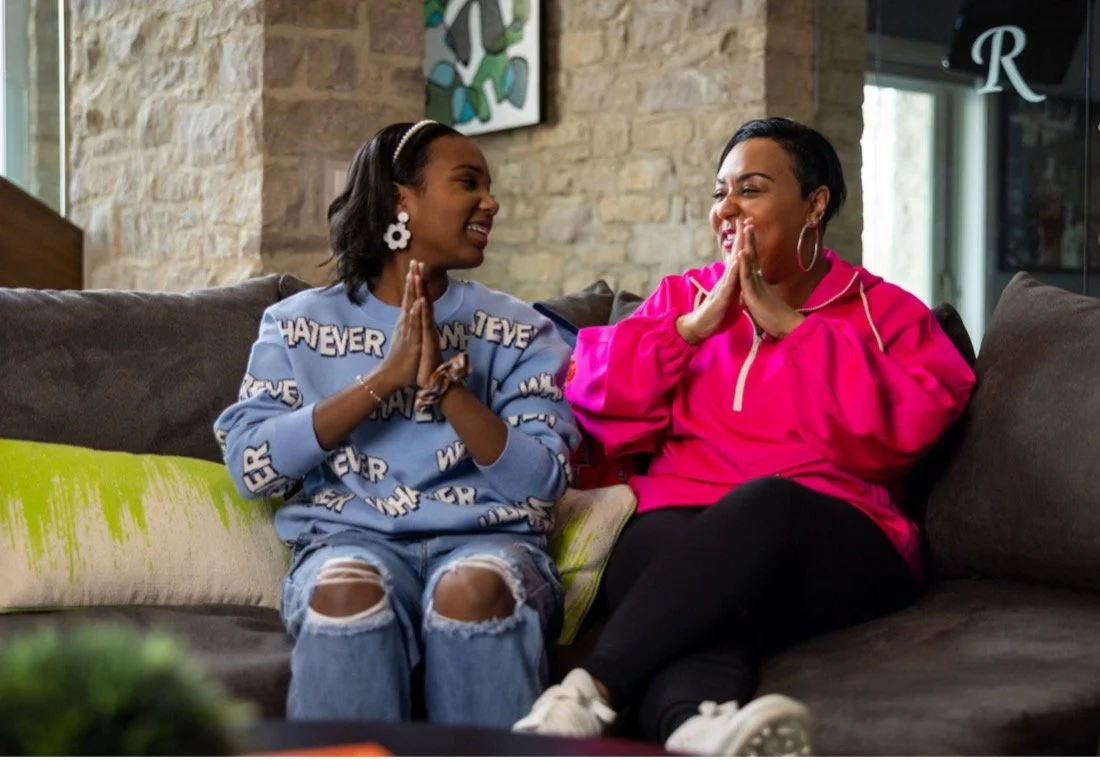How to Manage Your School Anxiety
When I was younger, I felt anxiety in social settings, like school, but I never knew how to express it to the people around me, so I bottled it up. As I grew up and grew into my mental health journey, I started to understand those feelings and what caused them. I learned a whole new set of vocabulary to express myself effectively. This ability took years and years to hone, and even now, sometimes, I’m unable to say how I feel.
If I have a hard time expressing myself as a grown woman, how do we expect a child or a college student to express their anxieties or ask for help. And, if you have never experienced social anxiety yourself, you may not know what to look for in your child’s behavior or where to start to treat it.
What is Social Anxiety?
Social anxiety is a fear response to something that isn’t dangerous. Society has evolved so quickly that our physical brains and body responses have yet to catch up. So, students who suffer from social anxiety may know, rationally, that a situation is safe, but their brain acts as if the situation is dangerous. They will even begin to exhibit some of the physical feelings of fear; for instance, their hearts can start beating faster and they may start sweating or breathing harder.
Students with social anxiety are extremely self-conscious. They are preoccupied with worries about making mistakes or looking ridiculous in front of teachers or peers. This kind of anxiety can prevent them from participating in school, stop them from turning in their homework, and send them home with chronic headaches or stomachaches.
Helping Your Kids Deal with Their Social Anxiety
Growing up, I desperately wanted someone to make my anxiety go away. But because I couldn’t express what I was feeling, no one knew to help me. Something I work on with my own kids is creating a safe space for them and keeping the path of communication clear. I want my kids to understand that they can express themselves to me, no matter what they are feeling, and that I will listen without any judgement. I want to help them learn to express themselves better so that they will grow up to be well adjusted adults who know when to ask for help.
Some of the best ways to help your children are to be patient and positive while you are teaching them ways to cope with their anxiety. Encourage them to speak up for themselves and participate without worrying about what others think. And, if their social anxiety is so overwhelming that it interferes with their schoolwork or attendance, working with a therapist is a great way to provide them with tools to overcome their anxiety.
No one wants their child to miss out on life – especially when it comes to the relationships children make in school. So, we need to advocate for them until they can do it for themselves.
